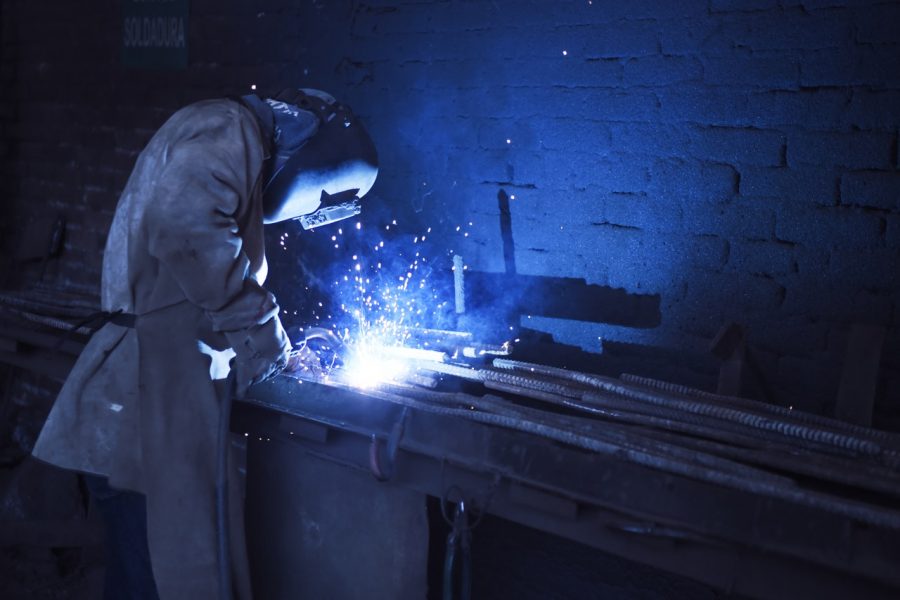There’s more to welding than blowtorching metal while wearing a protective visor over your face. Rather, welding is a seriously skilled trade, which requires not just skill, in-depth knowledge, and a good level of maths, but a heightened sense of attention to detail, and lots of stamina. It’s a very good area of work to get into, with plenty of job openings in many industries and a decent salary. If you are interested in or new to this profession keep reading to discover:
What you really need to know about welding
Being level-headed is a must
Learning to weld is a process. It takes time, practice and patience, the ability to stay calm under pressure or when mistakes are made. Welders are in charge of dangerous equipment, and that carries risks, so being calm and sensible are vital qualities to have.
Safety rules are always a priority
There’s no space for compromise in the welding world, especially when it comes to health and safety. The correct protective equipment must be worn and used properly by both qualified and trainee welders at all times to avoid being hurt by the heat, electricity or arc.

Other rules concerning ventilation and handling equipment are equally important to both know and follow. Common sense safety checks should be part of any welder’s daily routine, as should following company procedure regarding accident book entries.
Dirt creates problems
Learning and always following standard guidelines for cleaning base material before welding, and so on is important as if any form of debris contaminates the weld pool the end result could be either a poor quality weld or a piece which needs to be re-done.
Knowledge of material properties is important
Learning key details about different materials takes time, but this kind of information is always relevant so must be retained. For example, materials react differently to being heated and cooled, and knowing how each works means less mistakes being made during practical training.
Always check your work
Looking carefully at each finished weld is a good habit and an easy way to avoid passing sub-standard work or items welded using defective materials as complete, only to have something returned down the line.
Learn how to be a good troubleshooter
It can be tempting to rush through tasks or skip proper quality checks, then lose valuable time after putting things right. In many cases the fix takes longer than the time saved in the first place.
Being as efficient as possible is good for productivity, as well as your reputation.
Don’t overlook the importance of regular maintenance
Caring for equipment or machinery helps to prevent breakdowns and potential problems with working but faulty items. Regular inspections are not designed just to create busy work.
There’s always more to learn
While trainees learn on the job and in college, even established welders need to take in new procedures and guidelines. Stay plugged in to company memos, updates and newsletters, and revise those familiar procedures now and then in case things have changed over time.
There’s of course much to learn online so paying attention to the content put out by reputable websites (like CromWeld.com) is valuable too.






 Your total news and information resource for all things Science, Technology, Engineering / Mathematics, Art, and Medicine / Health.
Your total news and information resource for all things Science, Technology, Engineering / Mathematics, Art, and Medicine / Health.
Leave a Comment